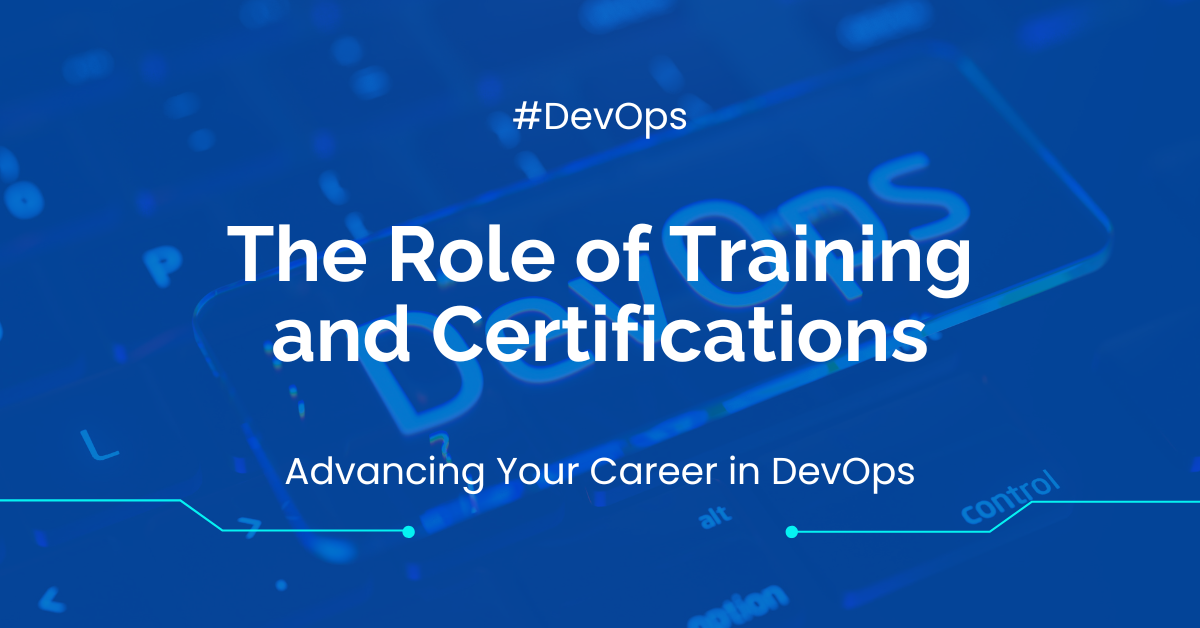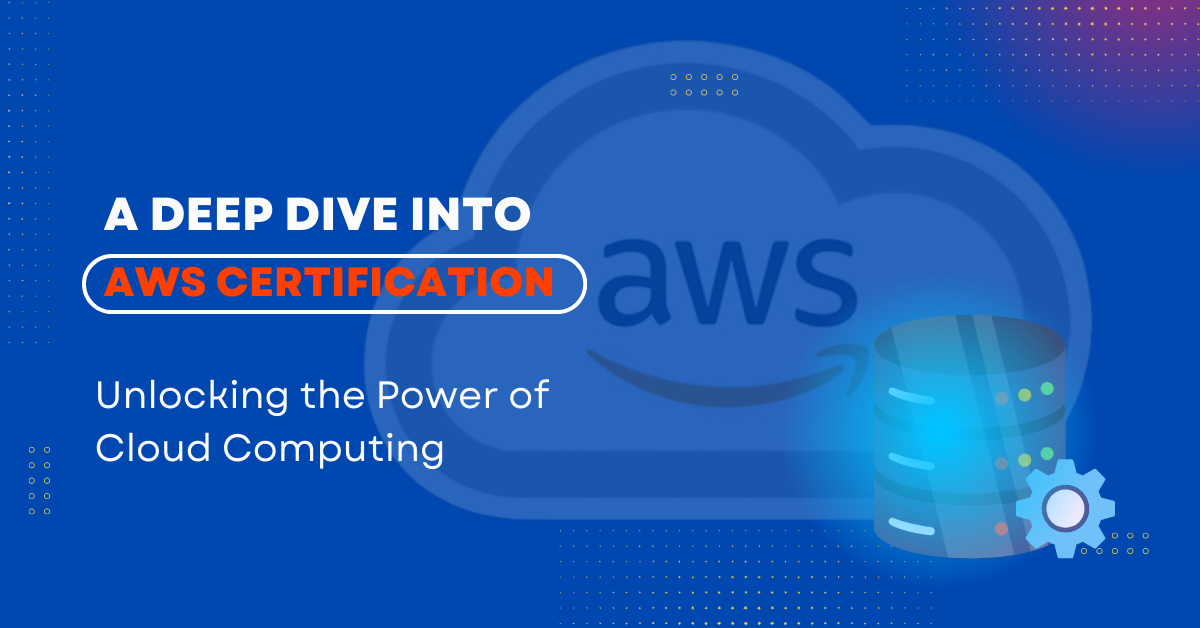A detailed survey by Havard Business School showed that more than 86% of organizations realized the importance of DevOps methodology. Similarly, another report suggested that the global DevOps market will surpass $25 Billion by the end of 2028. So, why are more people looking to make a DevOps career advancement? And what you should know before embarking on a fruitful DevOps career?
If we look over the past few years, DevOps has simply grown into one of the trending topics in the IT industry. So, today we be learning about the basics of DevOps learning pathways or let’s say we will present you with a proper roadmap. You will learn about the importance of proper certifications as well.
What is DevOps? How Does It Work?
DevOps is a methodology where the software development (Dev) and IT Operations (Ops) teams come together to deliver applications/services at a higher rate. Under this model, the two teams are no longer separated as they encourage collaboration and communication to streamline the software delivery process.
So, if you want to know more about DevOps career advancement, you must first consider some essential points such as:
- Learning Programming languages
- Earning the best Industry-recognized DevOps certifications
- Developing the right technical skills with proper DevOps training
DevOps is a continuous process where there is no fix-ends. Thus, you can continuously learn DevOps methodologies and upskill your career. From planning and testing to delivery and maintenance, the DevOps lifecycle is a constant system. Thus, the infinity loop.
Essential skills include proficiency in coding/programming, system administration, CI/CD, containerization, cloud platforms, and strong collaboration abilities.
These Are The Technical Skills You Need To Be A DevOps Professional
As the DevOps marketplace is growing day by day, there have never been more job opportunities. But, you must take an initiative to jumpstart your career. As mentioned, Devops focuses on effective communication and transparency to deliver high-quality software faster and more efficiently. So, before discussing the specifics, it is essential to understand a DevOps professional’s roles, duties, skills, and responsibilities.
A DevOps professional is responsible for designing, implementing, and maintaining the infrastructure and automation tools to efficiently deliver software. You should have some mandatory technical skills such as:
- In-depth understanding of scripting languages like Python, Pearl, Java, or Ruby
- Setting up and maintaining the servers, databases, and network system
- Knowledge of Containerization and Dockerization
- Developing and implementing automation scripts
- Continuously monitoring and analyzing the software delivery process to identify and resolve bottlenecks
- Improve efficiency, ensuring that the software delivery process adheres to Industry best practices
If you master the initial steps, there will be more opportunities for your DevOps career advancement. Master automation tools such as Puppet, Travis Ci, Ansible, Chef, Docker, Jenkins, etc.
| Continuous Management | Continuous Integration | Continuous Testing | Continuous Monitoring |
| Puppet | Travis CI | Test Complete | Nagios |
| Chef | Jenkins | Docker | Sensu |
| Ansible | Bamboo | Tricentis Tosca | Splunk |
Now that we know the roles, duties and skill, let’s jump into the details of DevOps training programs, certifications, and licenses.
Roadmap Summary To Be A DevOps Professional
As a DevOps engineer, you will combine all parts of software design and development. Therefore, have a thorough understanding of the software development process (including programming languages, methodologies, and version control tools).
Start by learning programming languages like Python, Java, or Ruby. Microsoft and Amazon Web Services provide DevOps training to prepare you for a career.
To be a successful DevOps professional, you should learn about infrastructure and operations. You will manage servers, databases, and network systems, so a good understanding is necessary. Moreover, you should continuously learn about servers, operating systems, Network protocols, and storage systems.
Most organizations today use cloud services to deliver software. Learning cloud services like AWS Azure or GCP can help you design and implement efficient and scalable cloud architectures.
Benefits Of Getting DevOps Certifications
Have you ever wondered what the message behind DevOps’ infinity loop is? For those who don’t know, it symbolizes DevOps’ continuous nature and shows how the lifecycles relate to each other. Hence, you can continuously learn DevOps and upskill your career.
You can get hundreds of industry-recognized certifications online. Some of the most popular programs available are AWS Certification DevOps Engineer, DevOps Institute Certification Program, and Microsoft Azure DevOps Solutions Certification.
As per Coursera, these are the top five best DevOps certifications in 2024:
- AWS Certified DevOps Engineer
- Microsoft Certified: DevOps Engineer Expert
- Certified Kubernetes Administrator
- Docker Certified Associate
- Puppet Certified Professional
The next step is to try working on real-world projects. Don’t miss out on internship opportunities and open-source projects.
Top DevOps Job Opportunities: Upskilling and Career Growth
Recent stats show that the average salary for a U.S.-based DevOps Engineer is $139,000 per annum. Similarly, the total pay range lies between $113,000 and $172,000.
Those who are already working in the IT world are aware of how DevOps is changing the deployment process. Here, take a look below and see for yourself which category best suits you!
Release Manager: Ensures A perfect Software Delivery
DevOps Cloud Engineer: Design, Deploy, and Maintain Cloud-Based systems for companies
DevOps Architect: Supervises the development teams and takes care of the software development process
DevOps Engineer: Assists in the integration of project functions; works with software developers and acts as a bridge between operations and development teams
DevOps Lead: Oversees automation of manual tasks and deployment code
DevOps Automation Expert: responsible for creating a continuous integration infrastructure
DevOps Testing Professional/Engineer: Supervises all stages of the testing program and helps to find bugs
Software Developer: Works on the integration of software elements and third-party applications
System Engineer: Manage, monitor, and ensure efficient systems and frameworks
Security Professional: Overseeing security measures deployed in the company
With the rise in Artificial Intelligence (AI) and Machine Learning (ML), DevOps models are also evolving to incorporate recent technologies.
Now that you know the several DevOps job opportunities, make sure to choose the suitable one! There are vast possibilities, and a bright future awaits you.
FAQs
Is DevOps a good career choice?
A: Yes, DevOps’ global market is among the rising fields in the IT industry.
Is DevOps a high-paying job?
A: Yes, DevOps Engineers make over $110,000 per year.
Is DevOps a lot of coding?
A: It primarily doesn’t involve coding.







